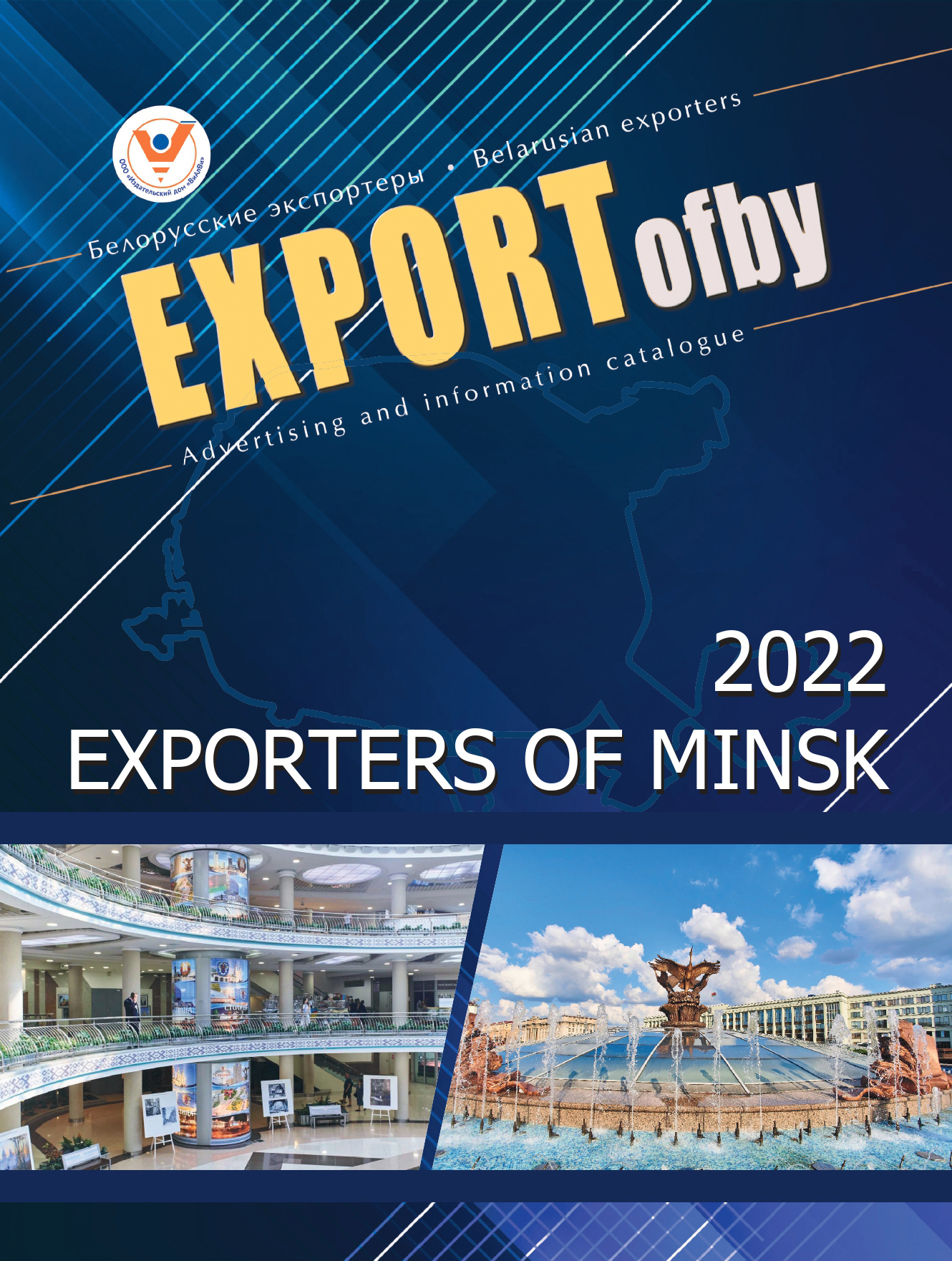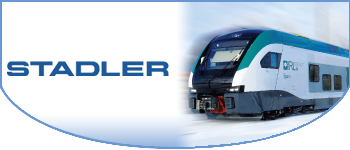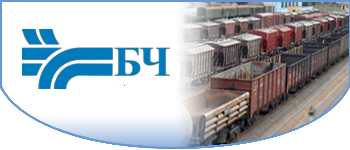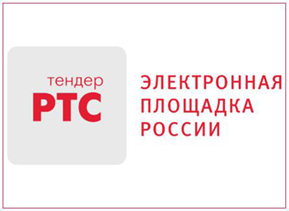In recent years the law-making in our country has been rather intensive. This is objectively conditioned by contemporary challenges in social and economic spheres and necessity of the state to promptly improve the existing legislation, as well as to regulate new legal relations. It is no accident that the legislation is considered a vivid indicator of the state development level.
In the annual Address to the Belarusian people and the National Assembly on August 4, 2020 A.G. Lukashenko rightfully called attention to the fact that Belarus is export oriented country to a large extent. In this vein legislation improvement in the field of customs regulation is rightfully considered one of the main areas of national export promotion. Of course, the main objective of such regulation comes down to provision of economic interests of the state, including the promotion of economy development, protection of the national market, effective use of customs control.
The Draft Law of the Republic of Belarus “On customs regulation in the Republic of Belarus” (hereinafter referred to as “the Draft Law”), submitted for consideration to the Parliament of the Republic of Belarus is one of relevant and important document from the practical point of view. This Draft Law is aimed at solution of the aforesaid tasks, including bringing the law on customs regulation in compliance with international agreements and acts, which regulate customs relations and constitute the laws of the Eurasian Economic Union, as well as improvement of customs administration and simplification of the procedure of customs operations. Being so, provisions of the worked out Draft Law comply with principles of the foregoing Decree of the President of the Republic of Belarus, dated November 23, 2017, No. 7 “On entrepreneurship development” and Directive of the President of the Republic of Belarus, dated December 31, 2010, No. 4 “On development of entrepreneurial initiative and stimulation of business activity in the Republic of Belarus”, aimed at progressive development of the country’s economy.
By describing the Draft Law on the whole it should be noted that the essential part of standards is implemented, which is contained in the Customs Code of the Eurasian Economic Union, as well as standards of the Decrees of the President of the Republic of Belarus are coded, which regulate relations in the field of functioning of free customs zones, free warehouses, duty free shops, the procedure of crossing the border of the Eurasian Economic Union with goods for personal use and other issues. For law enforcement government agencies the notion “customs regulation in the Republic of Belarus” is defined, as well as fields of regulation of the legislation on customs regulation are precisely differentiated. These spheres regulate relations of international agreements and acts. Constituting the law of the Eurasian Economic Union, and the legislative system on the customs regulation in the Republic of Belarus is defined.
Along with firmly established approaches the Draft Law offers rather timely legal mechanisms of resolving the practical issues, related to the use of informational technologies for provision of effectiveness, operational efficiency and parsimony of customs procedures, in particular, referring to scheduling customs documents management. For this purpose and with the aim of the Eurasian Economic Union member-states’ competence implementation for establishment in the national legislation of the documents, not foreseen and (or) not defined in international agreements and acts in the sphere of customs regulation, the foregoing issue is suggested to be referred to the competence of the Government of the Republic of Belarus.
At the same time, for possible interaction with information systems of customs agencies by means of information and documents exchange in the electronic form it is suggested that the structure and format of customs documents in electronic form, unless is otherwise is stated in international agreements and acts, may be regulated by the State Customs Committee of the Republic of Belarus.
We believe that the necessity of this regulation proceeds from the requirements of legislation in the field of information, information system development and information protection, which imposes the requirements to the procedure of relations between information systems, where information is subject to exchange, and where distribution and (or) provision of this information is limited.
Clause 2 of article 7 of the Draft Law is aimed at ensuring possible interaction with information systems of customs agencies by means of data and documents exchange in electronic form.
There are new positions of clause 3 of article 25 of the Draft Law, which concern the peculiarities of goods origin confirmation, i.e.: if national rules of the importing country or international agreements of EAEU with a third party stipulate the application of the registered exporters system, the allowance (registration) procedure for exporters of the Republic of Belarus to such a system is determined by the President of the Republic of Belarus. In our opinion, this approach will favourably impact the activity of Belarusian economic entities, for which the registered exporters system (so-called REX system) must be introduced.
Principally new proposals on the obligatory payment of customs fees and taxes should be pointed out. Provisions of article 52 of the Draft Law stipulate general security of obligation on payment of customs fees and taxes, which can be provided in the form of financial resources, warrant or bank guarantee. The general security application procedure, cases and conditions, when the summarized customs fees, taxes, discharge of duties exceed the amount of the foregoing general security, and limits of this excess will be determined by the Government of the Republic of Belarus.
Being so, in accordance with part 1 of article 49 of the Draft Law a bank guarantee is issued in Belarusian rubles by the banks, which have a special permit (license) for carrying out banking activity, issued by the National Bank of the Republic of Belarus, entitling to issue bank guarantees, as well as the regulatory capital in the amount of at least the minimal sum of the regulatory capital set up by the National Bank.
The issues of return, offset or conversion of money paid as security of obligations performance on the payment of customs fees, taxes, regulated in clauses 2-5 of article 60 of the Draft Law, have been corrected with respect to a new edition of the Tax Code of the Republic of Belarus along with setting of the 5-year period according to the general rule.
Formerly, in accordance with clause 6 of article 60 of the Tax Code of the Republic of Belarus effective until January 1, 2019, an application on offset of the excessively paid amount of tax, collection (of a fee) may be submitted by the payer (another obligor) not later than within 3 days since the date of payment of the foregoing amount. In accordance with article 66 of the new Tax Code, effective from January 1, 2019, the offset (return) of the excessively paid amount of tax, collection (of a fee), penalties may be effected if five years have not expired since the date the foregoing amounts payment.
For the purposes of creating equal conditions for operation of state bodies, as well as for provision of the single procedure of payment of taxes, fees (duties) to the budget the rules determined in the Tax Code are considered sound during the determination of the period for return of financial resources, paid as security.
We have cited only some provisions on the improvement of legislation on the customs regulation in the Republic of Belarus, which along with the necessary preservation of the stability of legislative acts, provision of compact and understandable perception requires timely correction by taking into account the speed of changes in the social and economic field.











 Chairperson of the Standing Commission on Law of the House of Representatives of the National Assembly of the Republic of Belarus
Chairperson of the Standing Commission on Law of the House of Representatives of the National Assembly of the Republic of Belarus













































































